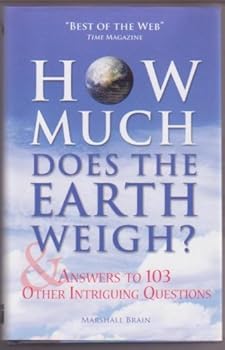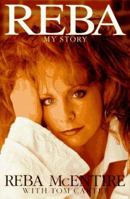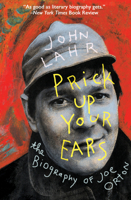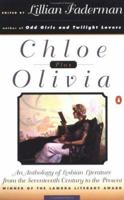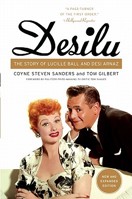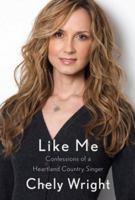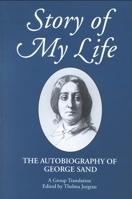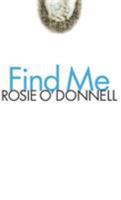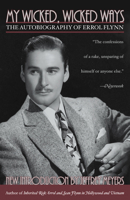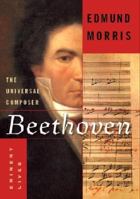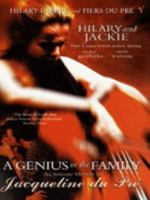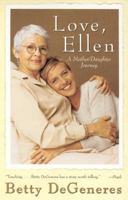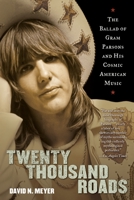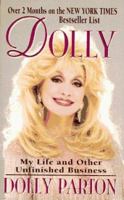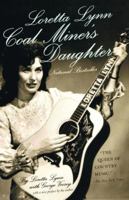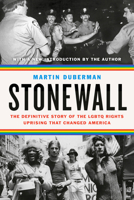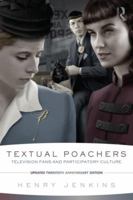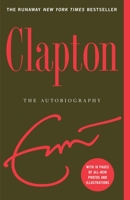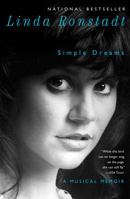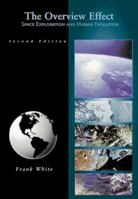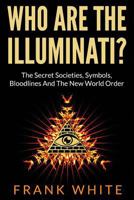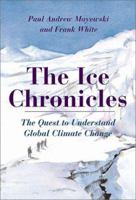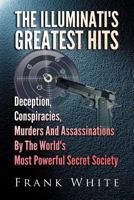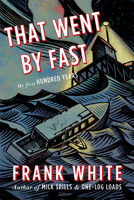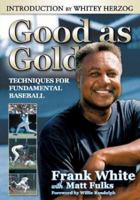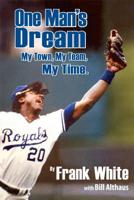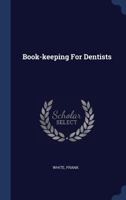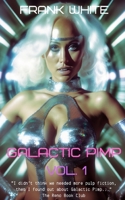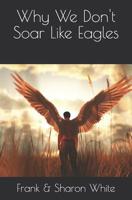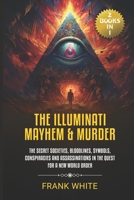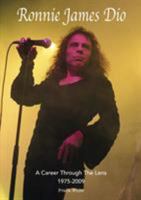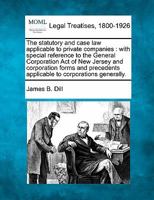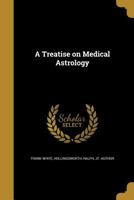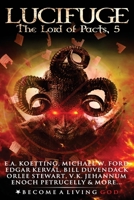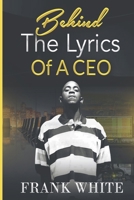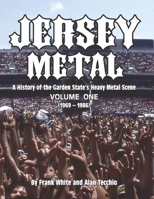How Much Does the Earth Weigh (Marshall Brain's How Stuff Works)
Select Format
Select Condition 
You Might Also Enjoy
Book Overview
Have you ever wondered... How many sheets of paper can be produced from a single tree? Why do FM radio stations end in an odd number? What causes a sonic boom? Where is the world's fastest computer located? If you've ever scratched your head and thought, why?," you'll love How Much Does the Earth Weigh? With more than 100 of the most popular questions culled from the intriguing "Question of the Day" segment of HowStuffWorks.com, this fun book answers questions you never even thought to ask. Written in Marshall Brain's award-winning style, this book explains in language you can understand the complexities behind some of the world's imponderables. You'll never look at a light socket, gas pump, or Web page the same way again This description may be from another edition of this product.
Format:Hardcover
Language:English
ISBN:1567317154
ISBN13:9781567317152
Release Date:May 2008
Publisher:MJF BOOKS
Weight:0.65 lbs.
Dimensions:0.8" x 4.9" x 7.7"
More by Frank White
Customer Reviews
2 customer ratings | 2 reviews
Rated 5 starsNow I know!
By Thriftbooks.com User,
Your interest in this book will depend upon how curious you are about the world around you. The people at HowStuffWorks have returned with another tome of difficult questions answered in an approachable way. (The only caveat is that the explanation does not always answer all parts of the question.)It includes descriptions of how Caller ID works, how much "all the money in the world" is, as well as the immortal "Why is the...
0Report











